Work in pairs. Ask and answer about Mark's school musical performance last year.
Mark's school performance
Time: Sat. night
Duration: 3 hours
Place: schoolyard
Items performed: plays, dances, songs, magic, ...
Example:
A: When was the performance?
B: On Saturday night.
A: How long did it last?
B: It lasted three hours.
...

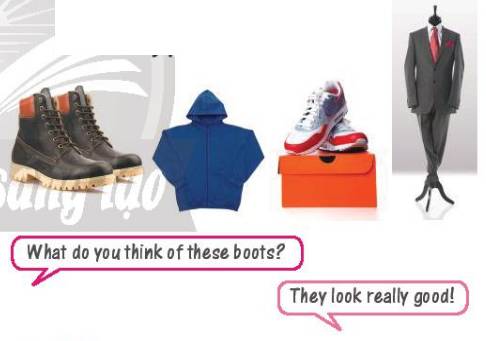
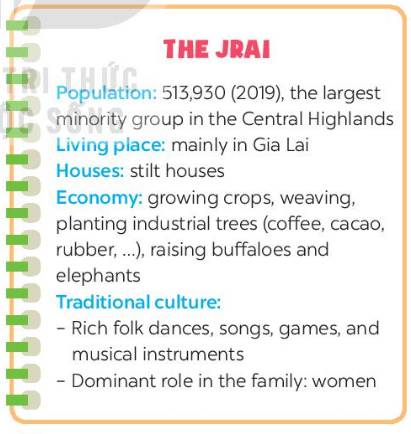
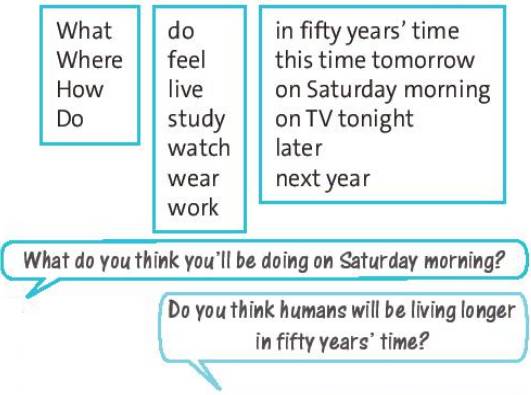
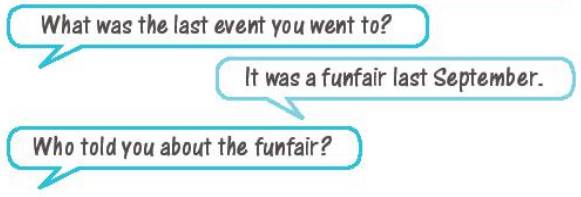
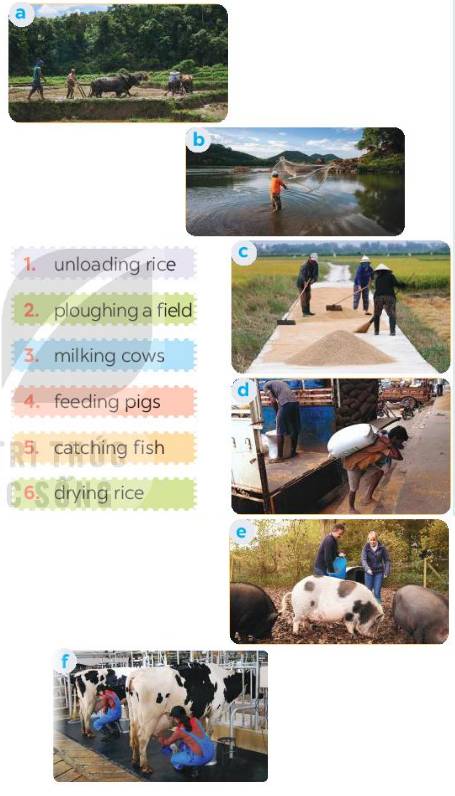
A: Where did it take place?
(Buổi biễn diễn diễn ra ở đâu?)
B: It took place in the schoolyard.
(Nó diễn ra ở sân trường.)
A: What items did the performance show?
(Buổi biểu diễn đã thể hiện những tiết mục nào?)
B: It performed plays, dances, songs, magic,..
(Nó trình diễn những vở kịch, điệu múa, bài hát, ảo thuật, ...)